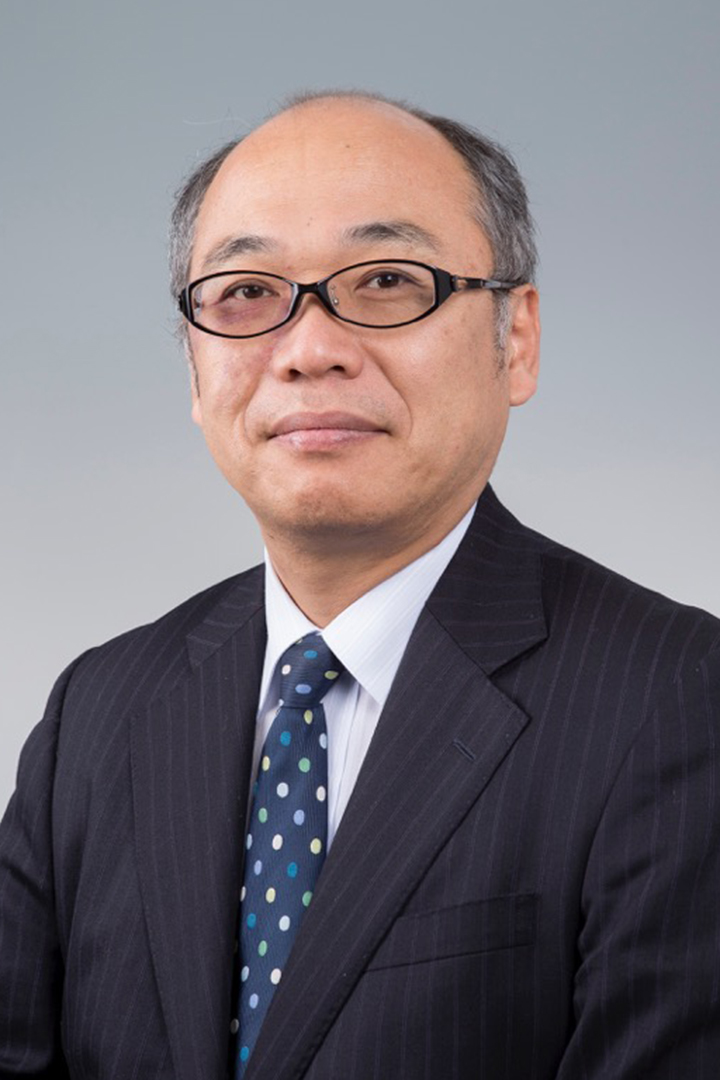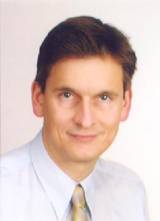Inivited Speakers
Prof. Jesus Carretero
 Computer Science and Engineering Dep., University Carlos III of Madrid, Spain
Computer Science and Engineering Dep., University Carlos III of Madrid, Spain
Jesus Carretero is a Full Professor of Computer Architecture and Technology at Universidad Carlos III de Madrid (Spain), where he is responsible for that knowledge area since 2000.
His research activity is centred on high-performance computing systems, large-scale distributed systems and real-time systems. He is Action Chair of the IC1305 COST Action "Network for Sustainable Ultrascale Computing Systems (NESUS)", and he is also currently involved in the FP7 program REPARA "Reengineering and Enabling Performance And poweR of Applications" and RePHRASE, Refactoring Parallel Heterogeneous Resource-Aware Applications - a Software Engineering Approach. He has participated and leaded several national and international research projects in these areas, founded by Madrid Regional Government, Spanish Education Ministry and the European union.
Prof. Carretero is Associated Editor of the journal Computer and Electrical Engineering and International Journal of Distributed Sensor Networks. He has published more than 180 papers in journals and international conferences, editor of several books of proceedings, and guest editor for special issues of journals as International Journal of Parallel Processing, Cluster Computing, Computers and Electrical Engineering, Journal of Supercomputing, and New Generation Computing. He is also co-author of several text books related to Operating Systems and Computer Architecture. He has participated in many conference organization committees, and he has been General chair of HPCC 2011 and MUE 2012, Program Chair of ISPA 2012, EuroMPI 2013, C4Bio 2014, and ESAA 2014, and Finantial Chair of CCGRID 2016.
Prof. Carretero is a senior member of the IEEE Computer Society and member of the ACM. He also serves and has served as a Technology Advisor and in applied projects with several companies, developing research and innovation projects. He is a project reviewer for Spanish research ministry and also European Union.
He was teaching in Facultad de Informatica of the Universidad Politecnica de Madrid (Spain) since 1989 until 1997. In 1997 and 1998 he was a visiting scholar at the NorthWestern University of Chicago (Ill, USA). He works currently at Universidad Carlos III de Madrid, where he has been teaching since 2000.
Prof. Hiroaki Kobayashi
 Professor of Graduate School of Information Sciences, Tohoku University, Japan
Professor of Graduate School of Information Sciences, Tohoku University, Japan
Hiroaki Kobayashi received his Ph.D in Information Engineering from Tohoku University in 1988. Since then, he has been a faculty member of School of Engineering and Graduate School of Information Sciences, Tohoku University. His research interests are in high-performance, low-power processor architectures, 3D chip architectures, parallel and distributed computing, supercomputing systems and their applications. He was Visiting Associate Professor of Stanford University in 1995, 1997, and 2000 to work with Professor Michael J. Flynn on low-power processor design. In 2008-2016, he was Director of Cyberscience Center of Tohoku University, which is one of 7 national supercomputer centers in Japan. He has been involved in many supercomputing projects such as “feasible study of a future HPC system for memory-intensive applications,” which was conducted under the national program for exascale computing by Ministry of Education, Culture, Sports, Science and Technology of Japan. In this project, he has designed a novel vector system with 3D die-stacking technology with NEC.
He is a member of Science Council of Japan. He has been the chair of Organizing Committee of COOL Chips, IEEE Symposium on Low-Power and High-Speed Chips since 2011.
Prof. Dr. Thomas Ludwig
 Director of the German Climate Computing Center (DKRZ), professor at the Universität Hamburg, Germany
Director of the German Climate Computing Center (DKRZ), professor at the Universität Hamburg, Germany
Thomas Ludwig received his doctoral degree and the German habilitation degree at the Technische Universität München, where he conducted research on HPC from 1988 to 2001. From 2001 to 2009 he had a chair for parallel computing at the Universität Heidelberg. 2009 he moved to Hamburg. He is now director of the German Climate Computing Center (DKRZ) and professor at the Universität Hamburg. His research activity is in the fields of high volume data storage, energy efficiency, and performance analysis concepts and tools for parallel systems. At DKRZ Prof. Ludwig takes the responsibility for accomplishing its mission: to provide high performance computing platforms, sophisticated and high capacity data management, and superior service for premium climate science.
